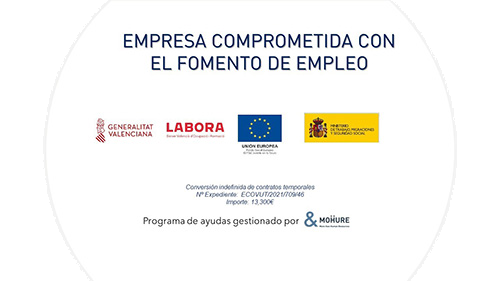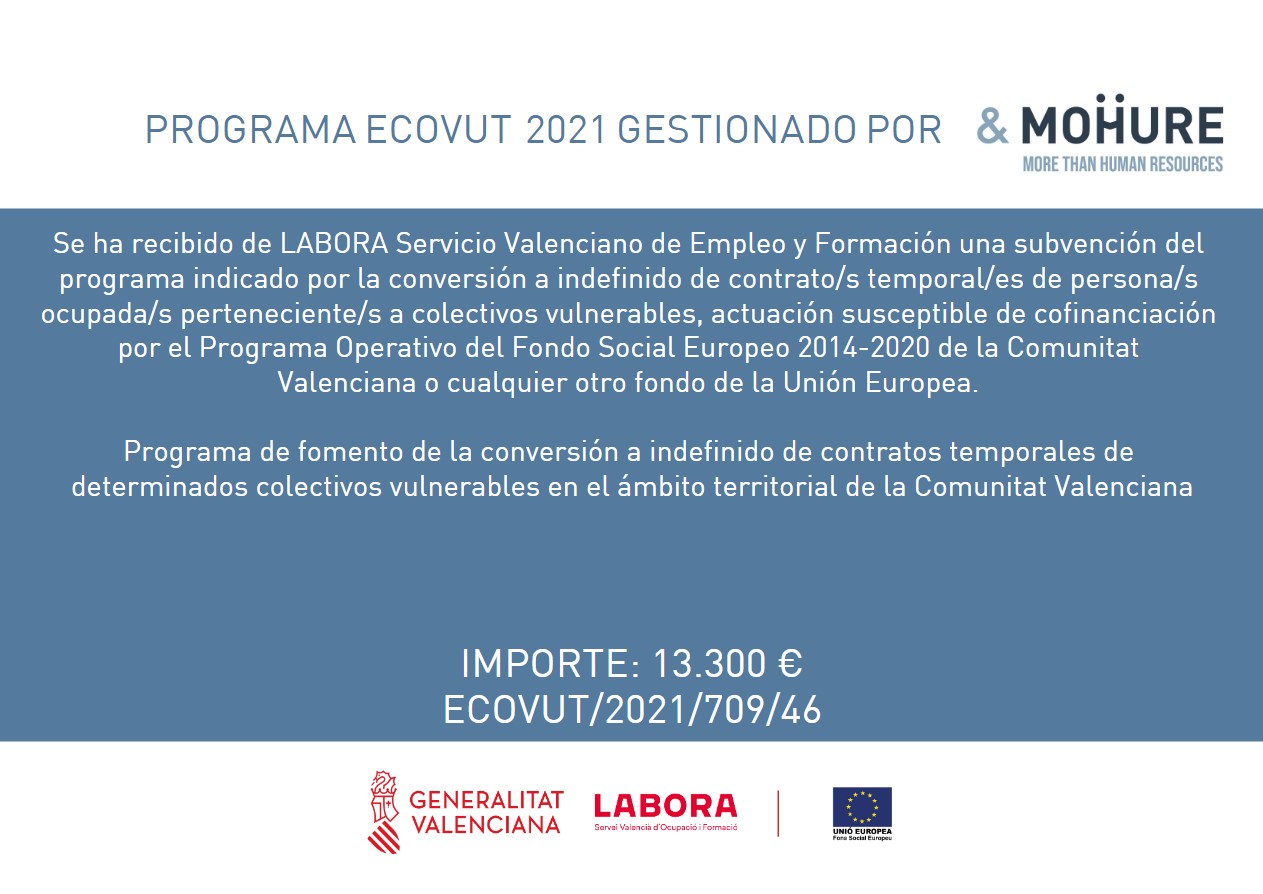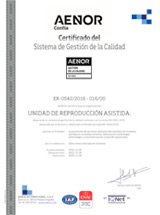The test detects a large number of diseases that can affect up to 1 in 100 births
Whether our children can develop a disease caused by a genetic mutation inherited from their parents and help it is now possible with the information that is obtained by performing a simple test for genetic compatibility. "This is an innovative technique that minimizes the transmission of genetic diseases to our children," said Joaquin Rueda, director of the Department of Genetics, Reproduction Unit Vistahermosa.
 One in every hundred babies has a genetic alteration that leads to the development of a rare disease such as cystic fibrosis, beta-thalassemia, sickle cell anemia, hereditary non-syndromic deafness, mucopolysaccharidosis, Gaucher disease, autosomal recessive polycystic kidney disease, syndrome Fragile X, or spinal muscular atrophy.
One in every hundred babies has a genetic alteration that leads to the development of a rare disease such as cystic fibrosis, beta-thalassemia, sickle cell anemia, hereditary non-syndromic deafness, mucopolysaccharidosis, Gaucher disease, autosomal recessive polycystic kidney disease, syndrome Fragile X, or spinal muscular atrophy.
Geneticist explains “this innovative technique, it helps to have healthy children, allows a simple blood draw parents describe the DNA sequence of genes and perform a molecular study of more than 6,000 mutations and other cytogenetic identifying possible chromosomal alterations in both pregnancies conceived normally and those gestated by assisted reproduction techniques “. The molecular diseases being studied are recessive. This means that both parents must have the mutation for the child is at risk of inheriting and developing the disease.
Everyone changes in our genes and, today, by genetic compatibility test is not possible to avoid the inheritance of rare diseases, detecting whether the mutation of the gene occurs in both partners, which raises the risk of the baby develops the pathology
For this reason, Dr. Rueda advises carried out before a treatment of assisted reproduction to meet the risk of transmission; before treatment with donor sperm or egg, in order to select a donor who does not carry the same mutation as the partner that provides the gametes (eggs or sperm) or before attempting a pregnancy by natural means, because any woman who wants to get pregnant can know the potential risk of transmitting disease to your child.










